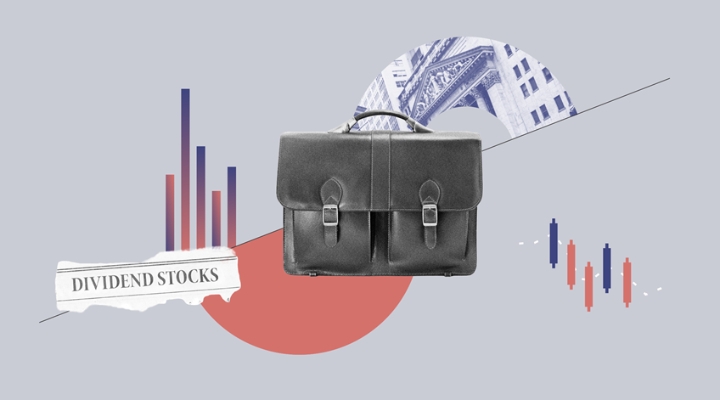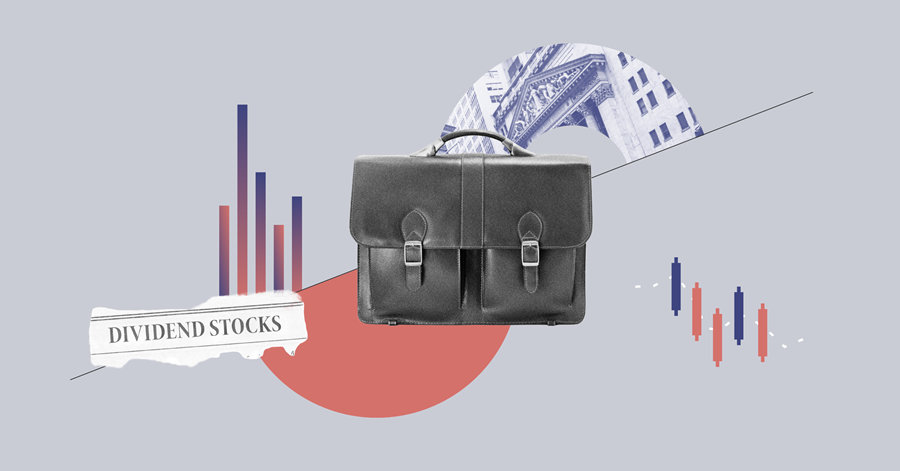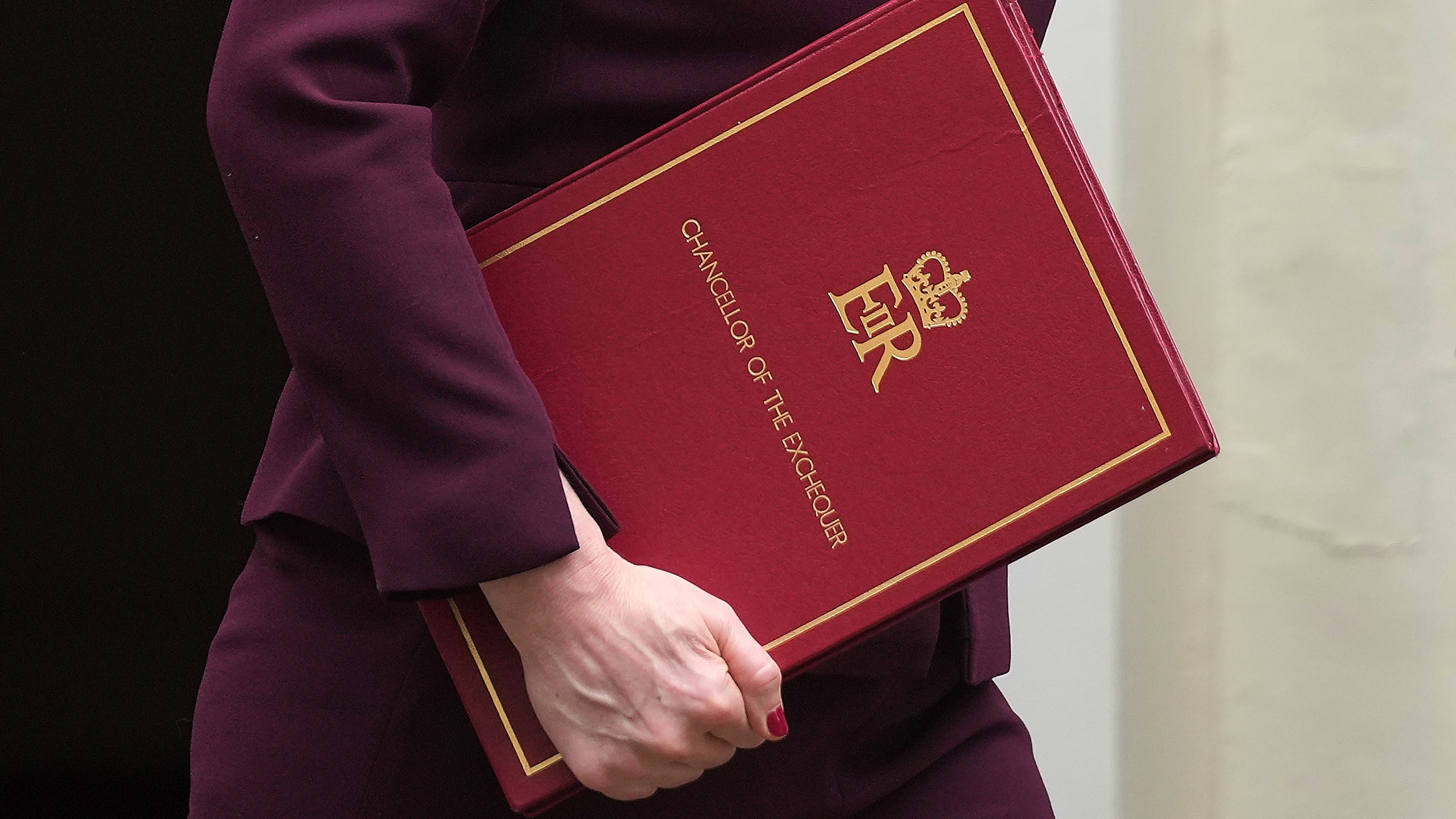High yield bonds have trumped other fixed income assets. Last year, most fixed income sectors lost cash - and saw significant outflows as investors pulled their cash out of former fund favourite corporate bonds.

This trust is not for the faint-hearted

But high yield bonds have posted positive returns and benefited from inter-asset reallocation as investors adjust their portfolios in search of inflation-beating income.
One investment trust that has managed to capture the upside in high yield is City Merchants High Yield (CMHY). According to Morningstar Direct, CMHY is the highest yielding investment trust that has a positive Morningstar Analyst Rating.
As well as yielding 5.38%, the Bronze Rated trust has managed a five year annualised return of 21%.
Morningstar’s director of Closed-end Fund Research Jackie Beard said the trust was not for the faint-hearted, but the team’s conviction in the trust had increased.
“Income generation is an important part of the managers’ process and indeed a key reason why investors hold this fund,” she said.
“The managers’ process is one that has been tried and tested over a number of market cycles and they have demonstrated well their skill at navigating bond markets for their shareholders.”
The trust has had volatile past performance however. In 2008, the fund lost 40% of its value thanks to a too-early call on financial companies, which was exacerbated by the use of gearing. The trust did regain that loss and more the following year however – bouncing 80% - but as a result the team stopped using gearing within the trust.
“The board and managers alike are mindful of the fund’s risk profile and, to that extent, they took the decision in mid-2010 to stop using gearing,” said Beard. “While they’re not ruling out its future use, they will only reintroduce it when they believe the prevailing environment is appropriate. This hasn’t brought down the fund’s three-year Morningstar Risk Rating yet—it’s still high—but neither has it compromised the risk-adjusted returns, which are still comfortably ahead of the average category peer.”
Beard adds that the managers spread the risk well within the trust’s portfolio and they will also hold investment-grade credits, preference shares and high-yielding equities, adding further diversification.







.jpg)





















